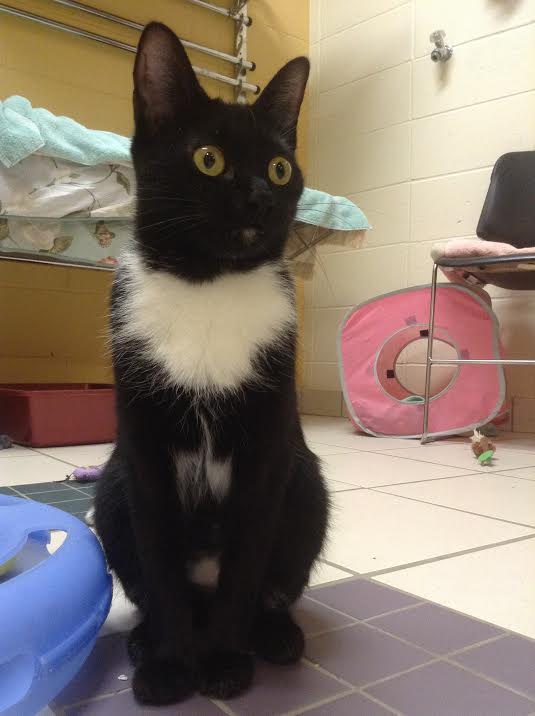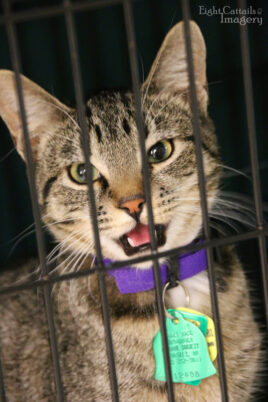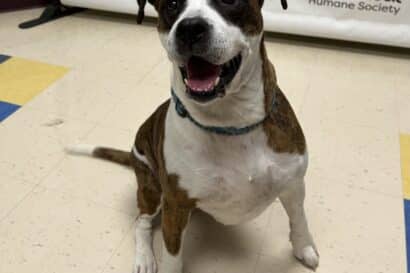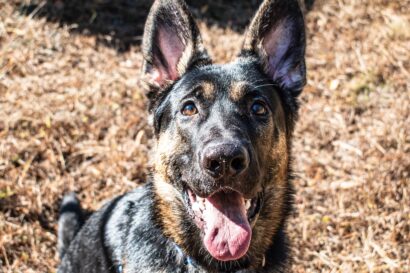
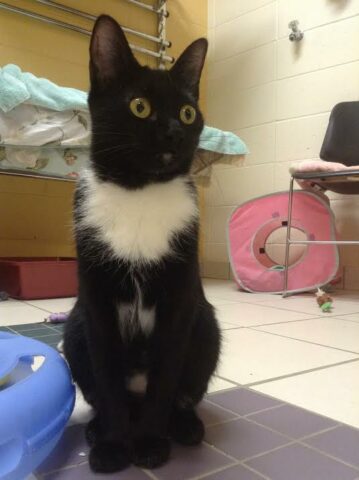
The following address was delivered before a live audience on September 10, 2016 by Kathy Harrington Collinsworth, MHS Executive Director.
I want to take a moment to talk about the impact that our Mission has on the well being of people and animals in our region. I have worked in the nonprofit sector for close to 20 years, primarily in human services. In my short time here at MHS, I am amazed by all that we do to improve the quality of life in our region.
I will start by sharing the economic impact of our work. It’s something I don’t think many of us consider when thinking about MHS.
The pet industry has grown dramatically over the last decade in concordance with the increase of pet ownership. At the national level, total pet industry expenditures rose from $17 Billion 1994 to $60 Billion in 2015. Nationally, the average dog owner spends close to $1900 per year on dog food, vet bills, grooming services, boarding and other items. The average cat owner spends just over $1200 per year.
So, let’s do the math for MHS’ Economic Impact:
We adopted out 638 dogs and 764 cats last year. Based on the average costs per year, this resulted in $2,147,000 going into our local economy!
Amazing, right?
Social, Physical and Emotional Impact of Our Work
Many of you, as friends of MHS, are probably aware that we offer a variety of programs that reach beyond our campus to support pets and their households throughout the region. I’d like to take a moment to highlight some of our programs, and how they tie directly to MHS’ impact throughout the region.
BOARDING AND DAY CARE
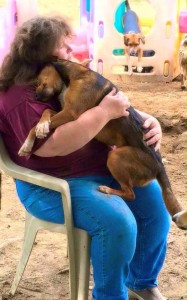
Day Care for dogs allows dogs to socialize and enables single-dog households to satisfy their dog’s natural pack animal nature. Many of us work long hours and we feel bad when our dogs spend that time alone, waiting for us. Further, the exercise they receive throughout the day keeps them healthier and reduces vet care costs for pet owners. And, of course, when you must travel, knowing that your dog has a safe and comfortable place to stay is such a relief. Last year, MHS Boarding and Day Care services provided peace of mind for over 100 families.
DOG TRAINING SERVICES
Building a mutual bond between a dog and a person takes time and communication. We offer training instruction to enrich the relationship people share with their dog. We provided over 1200 hours of training last year at every level—from “don’t jump on me” to readying dogs for sports competitions. Every puppy adopter at MHS receives a free enrollment in Puppy Kindergarten; adopters of adult dogs receive their first class at half-price because we know training can ensure that the relationship between the dog and human companion is more successful.
THERAPY PET PROGRAM
Since it started in 2009, Monadnock Humane Society’s Therapy Dog program has grown to include over 35 registered teams who provide an average of 70 hours of service to the community each month. Our dogs run the gamut from tiny to huge; from purebreds to who-knows-what. Between 10%-15% of our Therapy Dogs are rescues; some of them are MHS Alumni.
Highlights of the program include visits to local colleges to relieve student stress as finals approach. Our teams meet with between 200-400 students at each two-hour event. We’ve partnered with the KSC Counseling Center to create a groundbreaking program of weekly visits to freshman dorms in an effort to ease the transition to college life. This program has gained national attention and been mirrored at other universities. Our teams regularly visit local schools and libraries to provide reading assistance, and once a month, children are invited to MHS to read to a dog.
Our teams provide visits at Cheshire Medical Center/Dartmouth-Hitchcock Keene, and at senior residences and rehab facilities throughout the Monadnock Region.
Physical and Mental Health Benefits of interacting with a pet include:
Physical Health:
- lowers blood pressure
- improves cardiovascular health
- diminishes overall physical pain
- the act of petting produces an automatic relaxation response, reducing the amount of medication some folks need
Mental Health:
- lifts spirits and lessens depression
- decreases feelings of isolation and alienation
- encourages communication
- provides comfort
- increases socialization
- lowers anxiety
- helps children overcome speech and emotional disorders
- creates motivation for the client to recover faster
- reduces loneliness
We are currently developing a relationship with County Corrections to bring therapy dogs in to visit inmates.
PAWS TO READ: CHILDREN’S LITERACY
For every child, success as a reader is fundamental to educational success. Reading to a dog is a proven method of helping reluctant readers become better readers. The reasons it works are many:
- Some children feel that reading becomes less difficult when reading to a dog and are more willing to read aloud at school
- Reading to dogs has motivated children to start reading more at home – especially to their dogs.
- Children feel comfortable reading to dogs because dogs don’t judge if a word in mispronounced.
- The process of petting dogs can help with motor skills and reduce stress.
Throughout our region, Monadnock Humane Society’s Therapy Dog volunteers are providing this wonderful experience to children in our region. Our monthly Paws to Read @ MHS program is in its fourth year. MHS volunteers are regulars at local libraries. Harrisville and Fitzwilliam elementary schools have welcomed a regular weekly reading dog with great results.
We are currently developing a relationship with Monadnock United Way’s Reading Nook program to bring therapy dogs into low income housing after school programs to encourage kids to attend the program.
MHS EMERGENCY SERVICES:
When things go wrong, MHS is there.
In the event of an regional crisis situation, MHS is designated as a pet-friendly shelter by the American Red Cross, NH West Chapter.
On an individual level, having a pet disappear is nerve-wracking at best and heart-breaking at worst. In 2015 alone, almost 60 families were reunited with their lost pets through MHS. We are a safe place for lost pets. We work closely with 44 towns to take in found but straying animals and reunite lost pets.
Sometimes the emergency is economic. Through our Pet Food Pantry and Emergency Boarding programs, we can help alleviate a crisis that might drive pet out of a loving home due to temporarily dire circumstances.
Through the food pantry, we can respond when people are faced with the choice of feeding themselves or feeding their pet. Just because somebody can’t afford a specific aspect of care it doesn’t mean they don’t deserve to keep their pets. We believe that people and pets belong together. Last year, we provided food assistance to 81 families with a total of 173 animals—who thereby did not enter our shelter.
IN CONCLUSION
We will continue to work hard at increasing our impact for the people and animals in the Monadnock Region.
In my short tenure here at MHS, I am in awe of the hard work and dedication of the staff and Board and honored to be part of such an impressive and vital organization. We have a clear road map with our strategic plan and I am eager and excited to work with the team to bring MHS well into a successful future.
